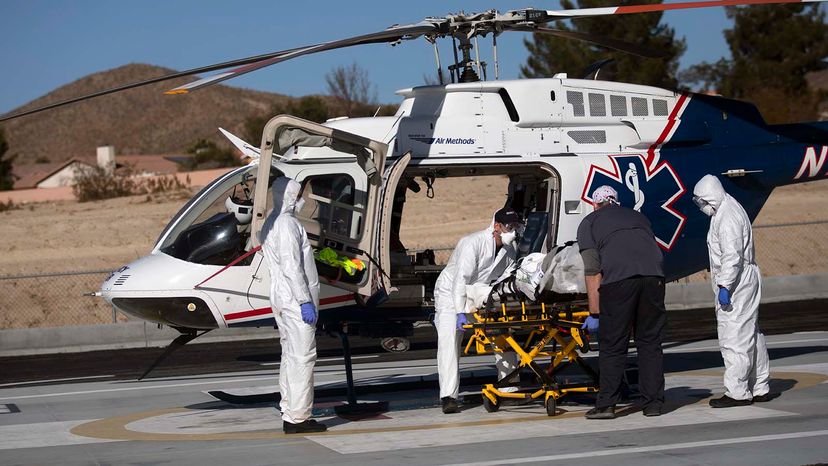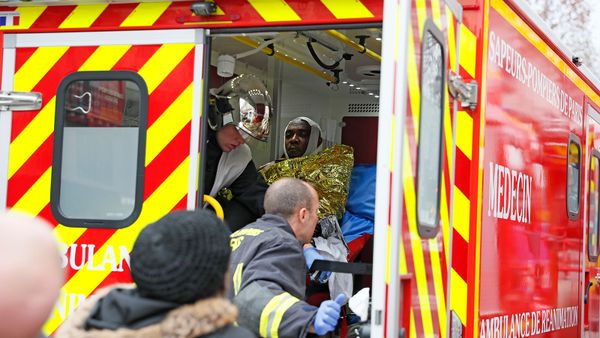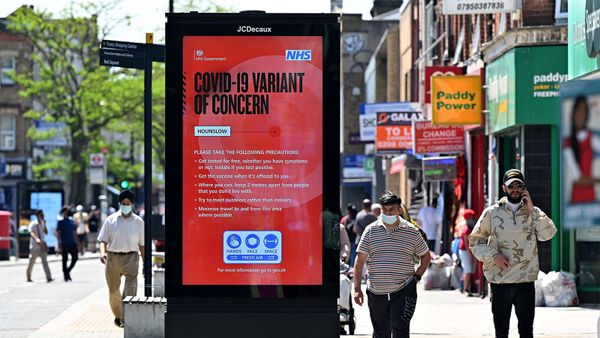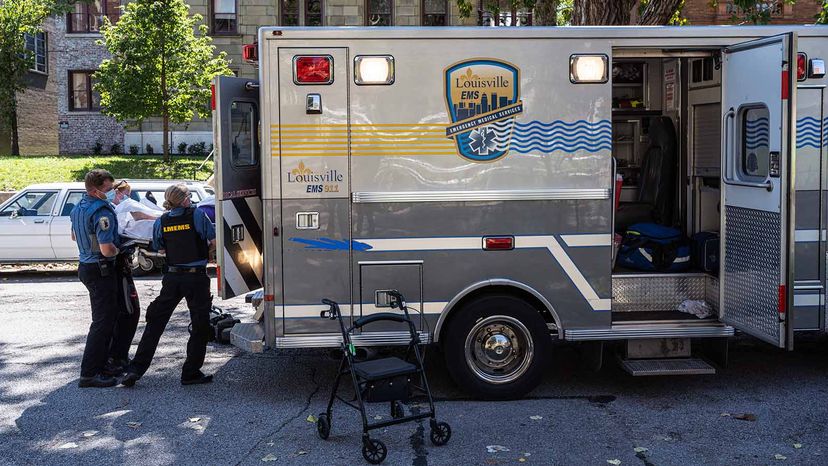
The COVID-19 pandemic has claimed more than 670,000 lives in the United States to date. In terms of sheer numbers, it has become the deadliest event in U.S. history, surpassing the 1918 influenza epidemic and multiple wars.
As shocking as this number is, it doesn't capture the full scope of COVID-related casualties. Since the summer surge began in early August — due mostly to the delta variant — COVID-19 has overwhelmed hospitals and ICUs across the country.
Advertisement
The federal government's latest data shows Georgia and Alabama are still at nearly 100 percent of their intensive care unit capacity, while Texas hovers at more than 90 percent ICU capacity. Idaho is at 96 percent capacity. This type of surge has forced many facilities to go on diversion, leaving few resources for non-COVID emergencies. The Idaho Department of Health and Welfare (DHW) activated its crisis standards of care because of the massive increase of COVID-19 patients.
"You just get to the point where you can't physically take care of more people," says vice president of Northeast Georgia Health System Dr. John Delzell, who described the situation as "pretty dire."
So what happens when hospitals are so full?
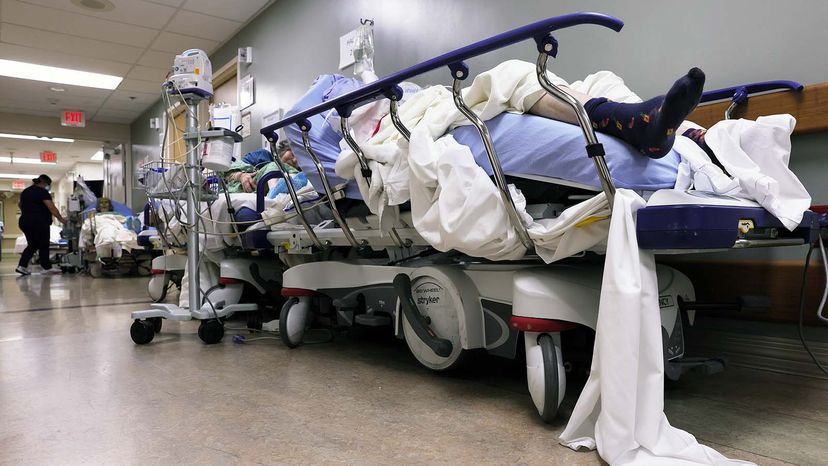
Advertisement
